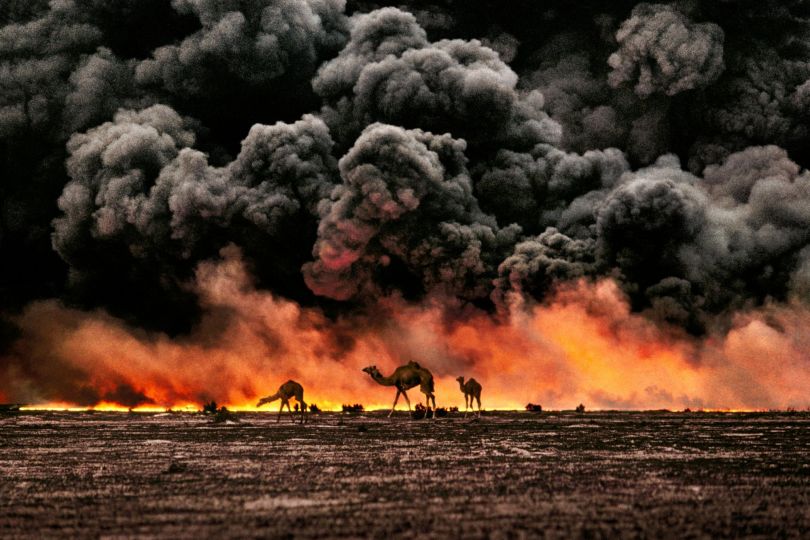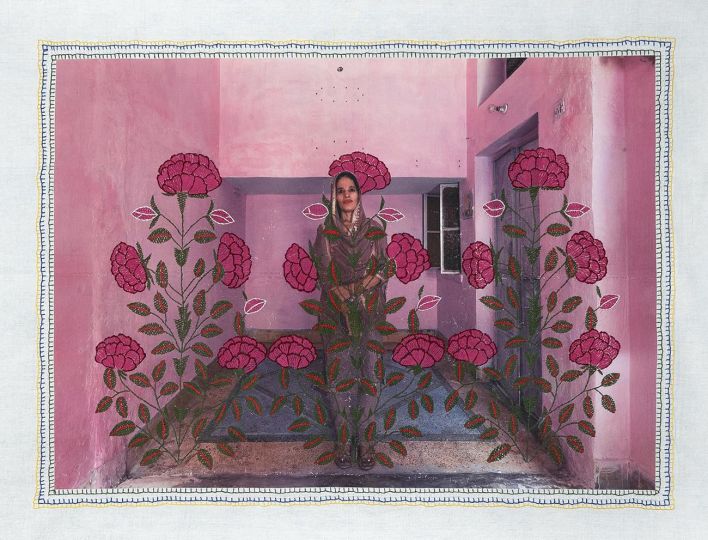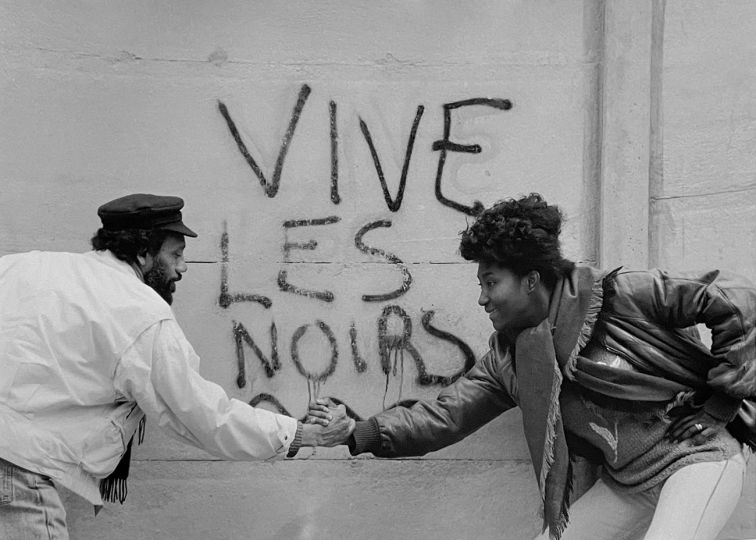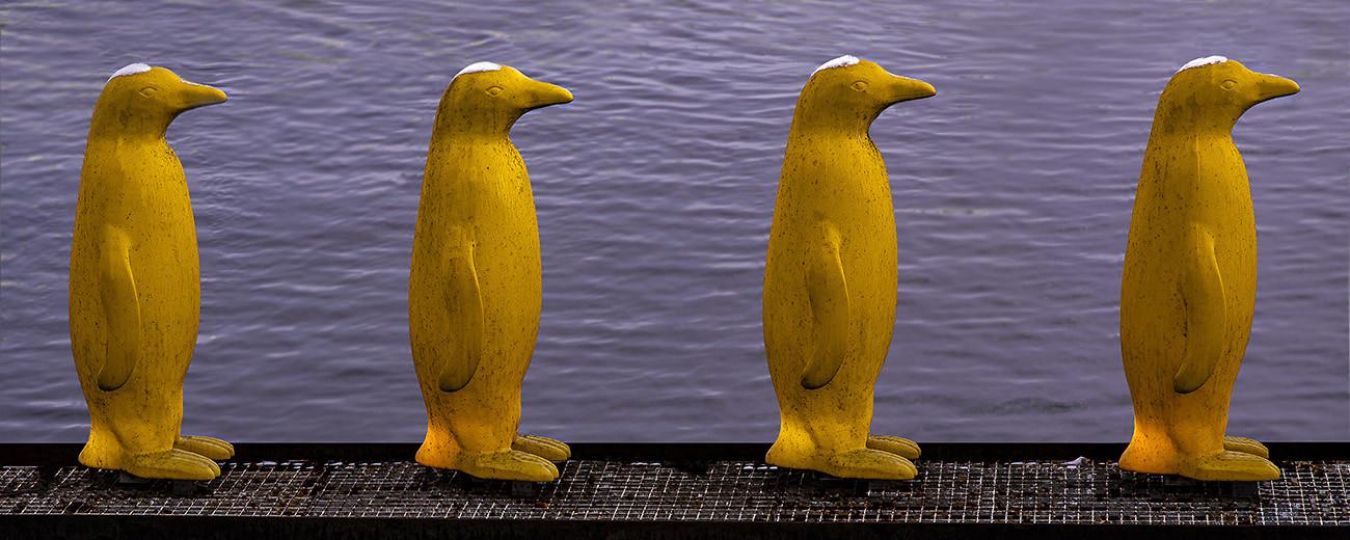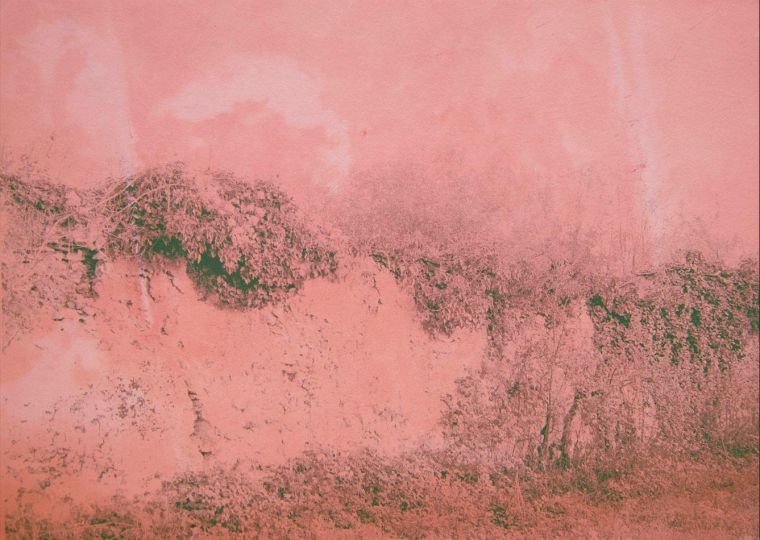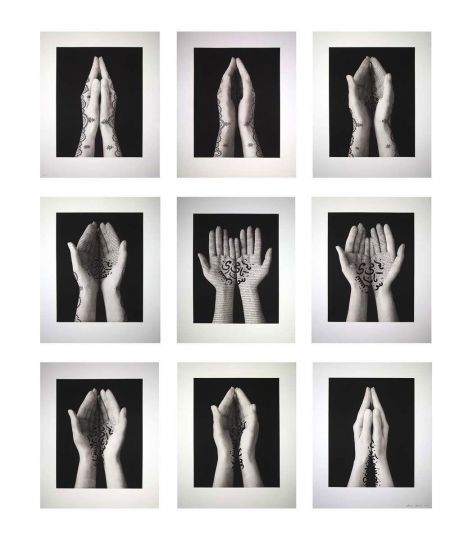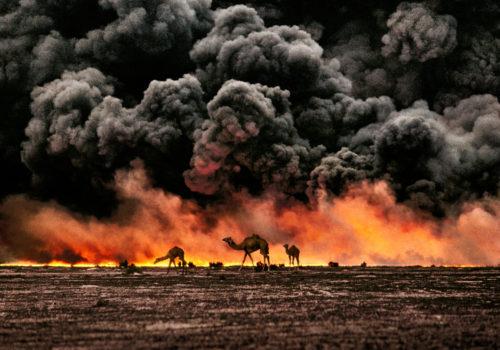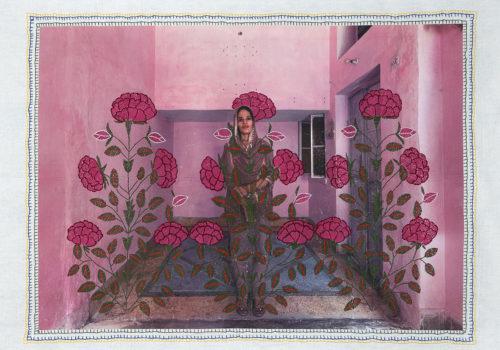Thierry Maindrault’s Monthly Chronicle
But who do they think we are ? We, modest users of the tools, as diverse as they are varied, which allow us to transform a tiny moment of life into a relatively stable and lasting image? How did we, creative and ingenious, manage to become helpless slaves of our work tools? Who’s kidding who? How and why ? As for this last word, the answer is not very complicated, in our current way of life (unique since it is globalized): it is to make money, cash, dough, dibs, lucre or shekels, etc.
The other questions are less obvious.
“who are we”, so as not to complicate anything, I write about and for the photographers, the true ones! All those who have understood, as a minimum, how photographic images can be produced with the help of this or that necessary, even essential device, to approach the desired goal. It doesn’t matter whether they are professional or amateur, they often have in common that they are passionate. For me, I never understood this difference, having had the opportunity to live as a professional-amateur, professional-professional, amateur-professional and sometimes amateur-amateur. The difference of status is mainly due to tax and social regulations, for the rest the rights of creation and/or production remain almost the same (when they remain). For the one billion or more billions who play on a multiservice smartphone to capture the contents of their lunch plate, of the shower soap, of their seductive (well, supposed) intimacy or “destructive” sex excess, I leave them out. A series of remarks that they will never understand. Whereas for us, regardless of our financial means, the technologies used, our favourite subjects, we have a few ideas on how to take a photograph (without always succeeding). We are photographers.
“They think of us as simpletons to whom it is desirable to sell the latest model released to ensure an outlet for a production which has considerably lost steam in recent years. The design and manufacturing of the latest tools, both for shooting and for post-production of an image, is becoming more and more distant from our actual needs. The manufacturers of this hardware and software are launching a hellish race to enslave users. Fortunately, not all of our colleagues trained in the crucibles of studios, war sites, laboratories and other fields of investigation have lost their minds. Although some automatisms seriously disturb our light assessments or choice of relevant shots. This is more worrying regarding our young successors who, lacking basic technical training, are innocently caught in this infernal trap. All these tools inexorably distance them from the notions of curiosity, experimentation, involvement in the construction of an image and its elaboration process adapted to the message they wish to build.
“how did we manage…” to transfer the large part of our know-how to pseudo-material automatisms incapacitated to use this know how to do, except to offer us illusions. In the line of an old advertisement which appeared in the pantheon of drinks advertisements: “it looks like alcohol; but, wonderfully, it’s not.” The little curious people who tried this invitation, so as not to die stupid, will confirm it to you: “it was not, and it could not be”. This amazing camera and marvellous software should make better photographs than all of us put together, it still doesn’t. Despite what we are led to believe, these two wonders still require our effective presence. As with another more recent advertisement, we are overwhelmed by a process which imposed the famous double effect on us. Binary digitalization, of goods on the one hand, and that of procedures on the other, has plunged us into simultaneous intellectual mutations on two levels. Permanent storage – inside large datacenters – and copyable – without limits – has removed the controlled material reprography of photographic artworks, no one controls anything any more. Tampering with images using a binary path (however sophisticated it may be!) limits the spatial interactions of our human intelligence. Certainly, all these recent tools can prove useful for those who know how to use them. Except that our approach is very limited by the binary options that compose them, it is even more obvious when the sophistication of the tool wants us to believe that it would be capable of doing an artwork for us.
“who’s kidding who” may seem like a simple question to answer. But this is not the case. A bit egocentric, we all imagine ourselves to be the victims, with the loss of our rights, our loss of technical choices, in this infernal race which only benefits financial behemoths. By the way, no one knows exactly whether inside these monsters there is a real boss and the state of his brain abilities. All photographers, stars included, have been impacted, more or less, by this phenomenon in their daily lives. However, much more serious still, our artworks (even those of our predecessors) have borne the impact of a transition that was poorly initiated and too rapid to be digested. Consequently, ultimately, it is the public, amateur of photographic images or not, who suffers.
“how” did we get to this decline in our functioning brain. All these qualities, specific to photographers, curiosity, ingenuity, perseverance, self-sacrifice, respect, doubt, instinct, have evaporated. Digital technology initially fuelled our laziness. Then, if we are not careful, it disconnected our neurons. This device which obligatorily focuses on the first eye that appears in the viewfinder, and when you have managed to deprogram this horrifying function, your subject will be far away. This other technological gem which captures around twenty images, the moment you press the button, to choose after the one it will keep and store on the memory card. This software that changes this gloomy sky into a tropical azure and takes the opportunity to erase the aunt, that no one appreciates, disappear from the family picture. Don’t worry, these wonders take care of everything for us…
All these small and big progresses are leading us down an uncertain path. The outcome seems just as uncertain for all photographers, whether they make a living (only the most talented survive) or not from their knowledge, their profession, their passion. We have already transferred our manual and industrial know-how in the name of globalization to disaster today. Should we transfer our creations and spiritual knowledge for the benefit of digitalization? The question is not to oppose the enriching and welcoming evolution of our tools; but, should we abandon the magical complexity of our thoughts to lock ourselves in simple railway switches, however numerous they may be?
Thierry Maindrault, February 09, 2024
your comments about this chronicle and its photography are always welcome at


